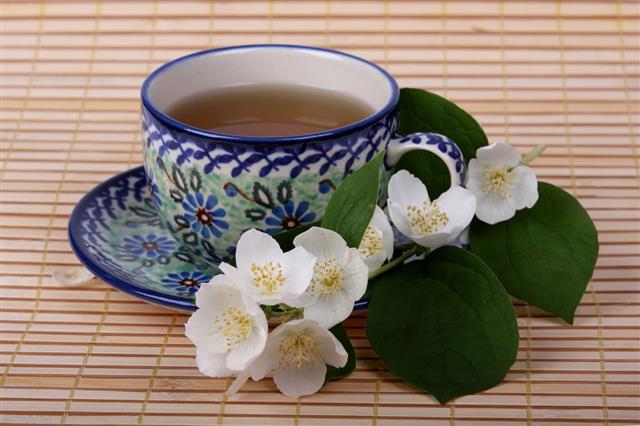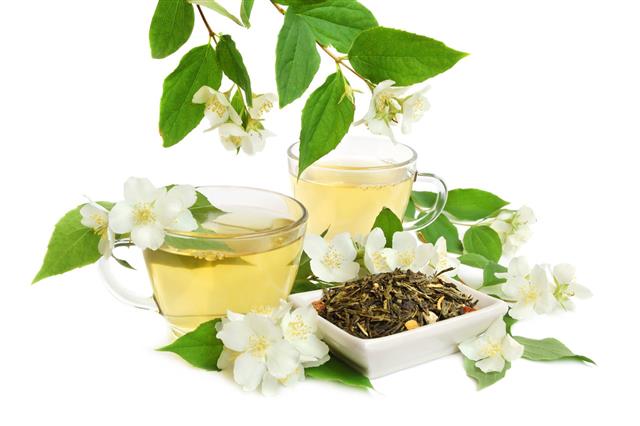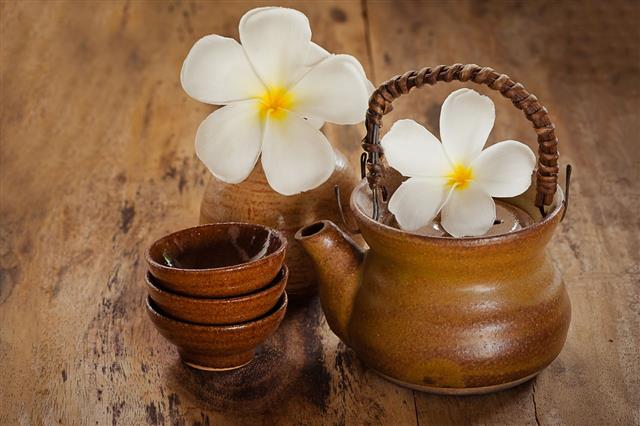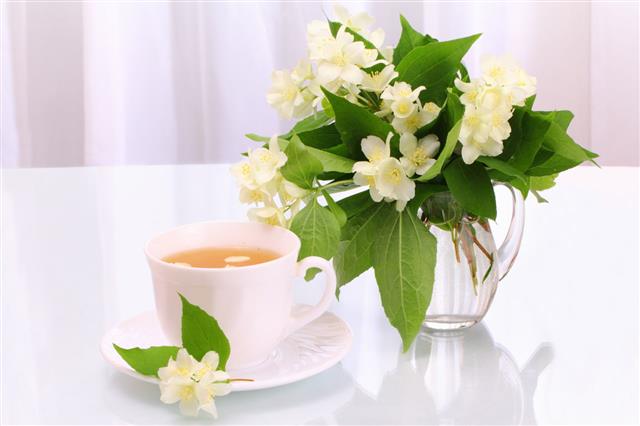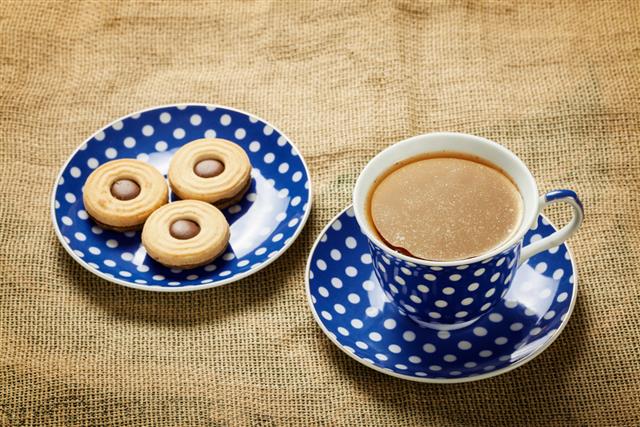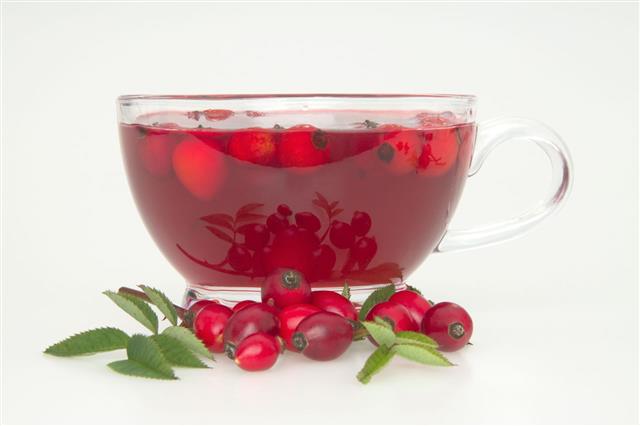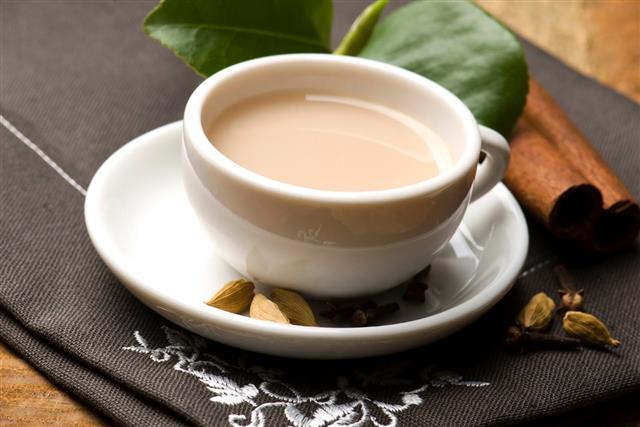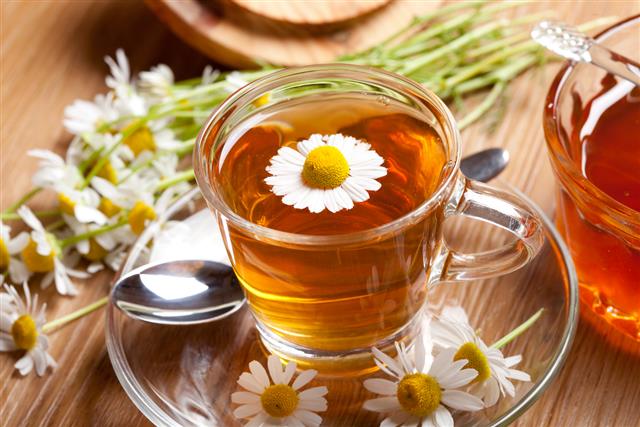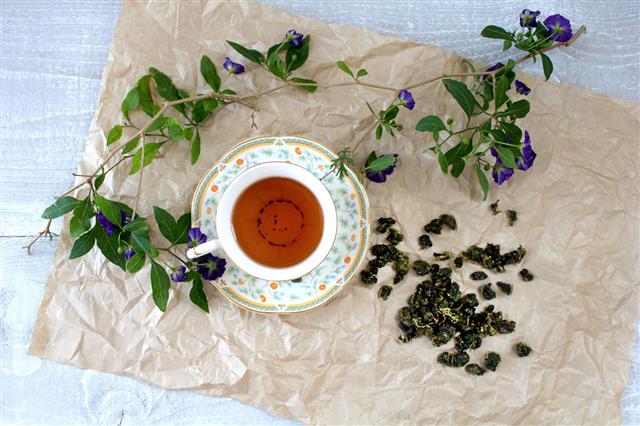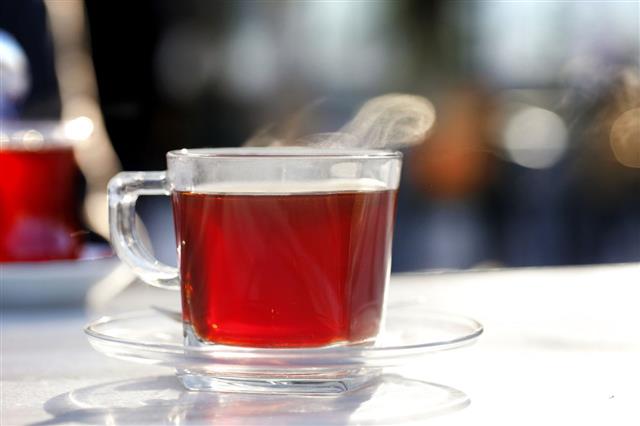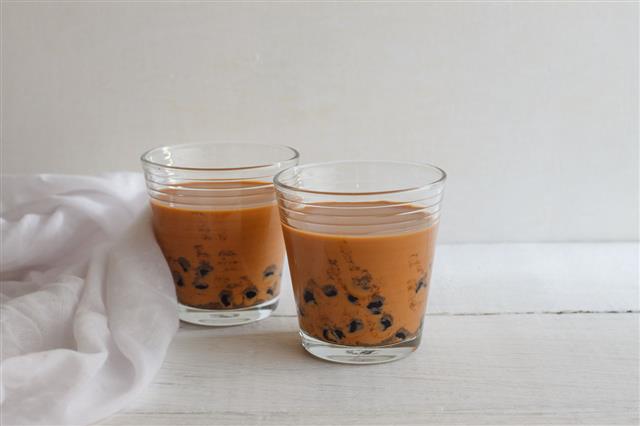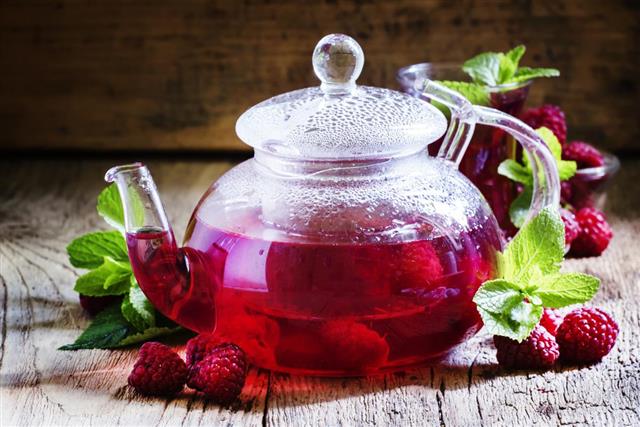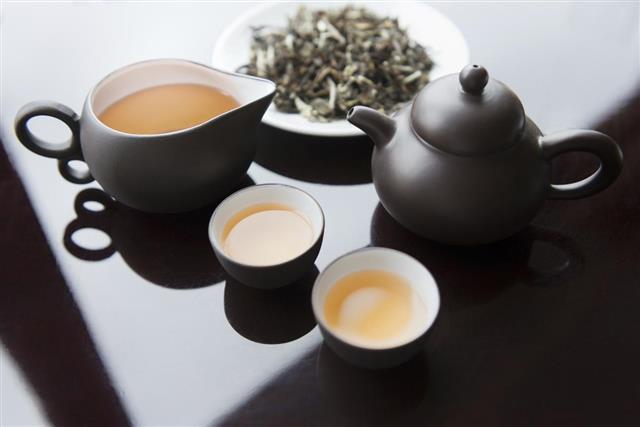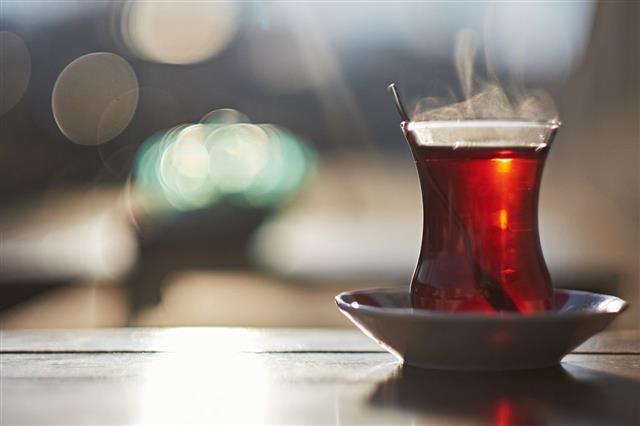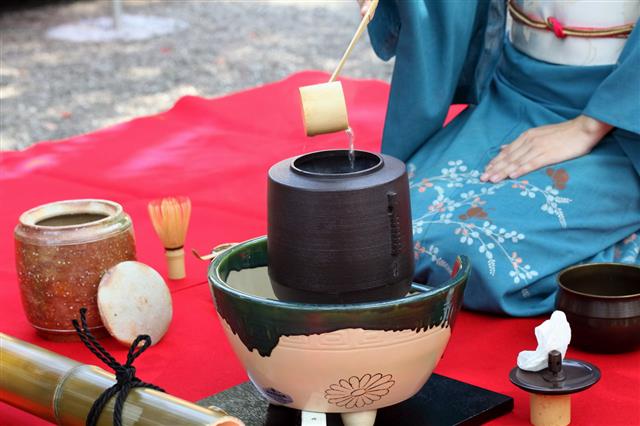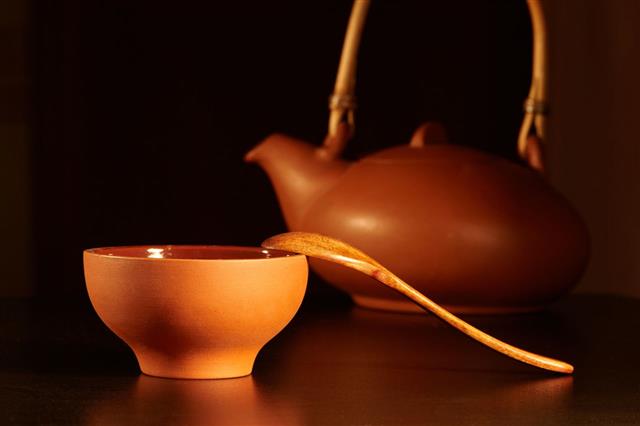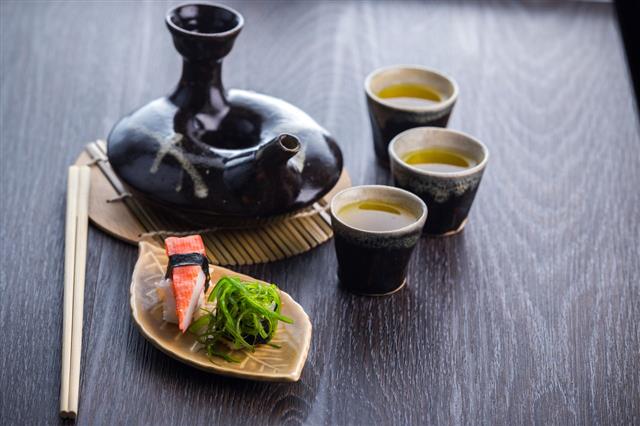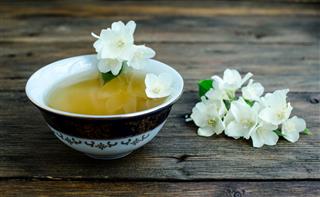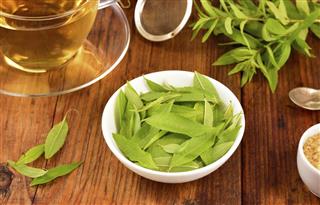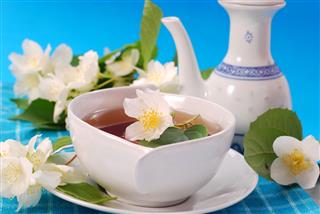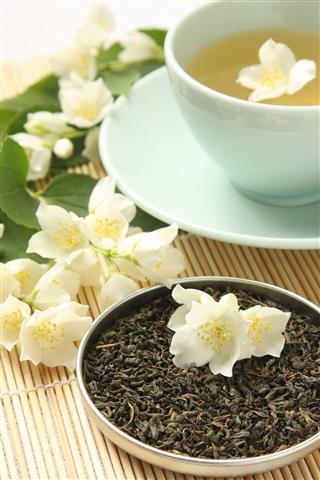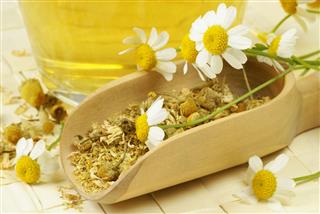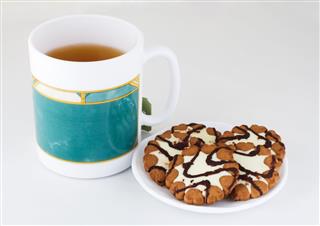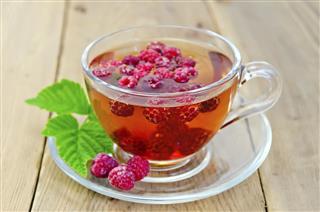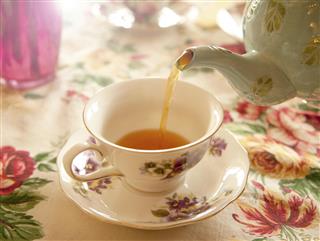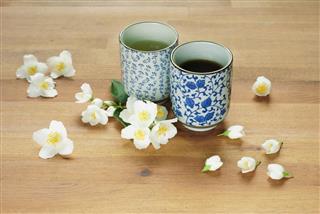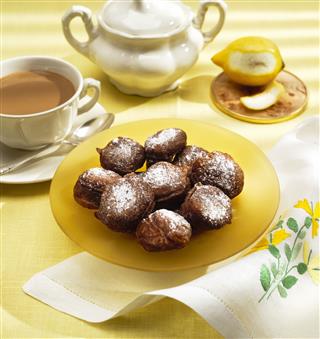
You may be taking all precautions and eating healthy to provide proper nutrition to your bundle of joy, but are you harming your baby by the intake of certain herbs?
When you are breastfeeding your baby, components (the good ones and the bad ones) from your food are transferred to the baby through your milk. You may have also resorted to drinking herbal tea for your little one’s growth. Herbs have been used in medical history, since ancient times, to restore bodily health. However, some herbs may be too strong for your baby’s delicate body to handle and may cause much harm. When you are pregnant, you take so many health precautions. Once the baby is born, there are several questions in your mind, especially, if it is your first baby. It is even more confusing because you don’t know how much your diet could affect your baby through breastfeeding.
Most young mothers are not even aware that the food they eat is passed into your bloodstream, absorbed into the milk in your breasts and is transferred to the baby through breastfeeding. Also, signs of poor health of the baby could put you in a fix and it would be very difficult to trace the exact cause of his/her behavior.
Herbal Teas that Reduce Milk Production
- Peppermint
- Spearmint
- Menthol
- Sage
- Dandelion
- Oregano
While peppermint tea can be very relaxing, it can also decrease the production of milk in you breasts. In fact, any other type of mint tea like spearmint or menthol will lead to the same result. Sage tea can also decrease milk. Dandelion tea is really helpful to soothe swelling but you should still avoid it as it can cause dehydration. There is no sufficient research to prove that these herbal teas are not safe to drink while breastfeeding, but they have been observed as a cause of skin-irritations in infants. These herbal teas should be highly avoided, at least until, your baby is 6 months old. Some herbal teas mimic the chemical effects of medication in the body and pass into your milk. Hence, you should avoid them although it may take large quantities of these herbal teas to cause side-effects.
Herbal Teas to Avoid During Lactation
- Green tea
- Rhubarb
- Ginseng
- Chamomile
- Kava root
- Fenugreek
- Gingko
- Parsley
- Borage
- Buckthorn
- Thyme
- St. John’s Wort
Some herbs contain alkaloids and are not recommended for consumption during breastfeeding. Avoid drinking green tea during pregnancy too. Even though it is packed with anti-oxidants and vitamin C, it inhibits the production of folic acid which is required in a higher quantity when you are nursing. Fenugreek herbal tea should be avoided in excessive quantities during breastfeeding, because, although it can increase lactation, it can cause diarrhea and stomach upset in the baby.
If you are drinking herbal teas while breastfeeding, watch out for certain herbal ingredients like Kava root, buck-thorn, parsley thyme, cocoa, rhubarb, ginseng, St. John’s Wort, star anise, borage, gingko and valerian, licorice, basil. If you like garnishing your herbal tea with oregano powder, better discard this habit. Your only source of providing nutrition for your new-born baby to grow and develop is through breastfeeding. Drinking any of these herbal ingredients in your tea can significantly reduce the amount of milk supply. If you are at all drinking green tea or chamomile tea, ensure that they are decaffeinated versions.
Herbal Teas that are Safe to Drink
- Ginger
- Red raspberry
- Nettle tea
- Rosehip
- Milk thistle
- Echinacea
If you want to add ginger to your tea, make sure it is freshly crushed and not dried. According to Chinese medicine, it is not advisable for a young mother to have dried ginger. It will help increase blood flow in your body and soothe symptoms of stomach upset. Red raspberry tea is an excellent choice if you are trying to increase breast milk. It is loaded with minerals and will benefit your little one. Nettle tea also works the same way.
Alfalfa can increase lactation by double the quantity. Milk thistle herbal tea is very apt for its name because this herbal tea also helps increase milk supply. Rose-hip herbal tea is absolutely beneficial for breastfeeding mothers. Citrus herbal teas like orange and lemon are very rich in vitamin C. Echinacea tea is a really safe drink and will help fight against common cold and flu, boost your immune system and heal any breast infections.
It is also not good to have more supply of milk than the baby can drink because excessive quantity will reduce the nutrition concentration in your milk. If you are not sure whether a certain herb could harm your infant’s health or not, I would advise you to do away with it instead of taking a chance. Observe your baby’s mood. If he/she seems irritable or you notice any physical effects when you consume a particular herb, immediately exclude it from your diet.
